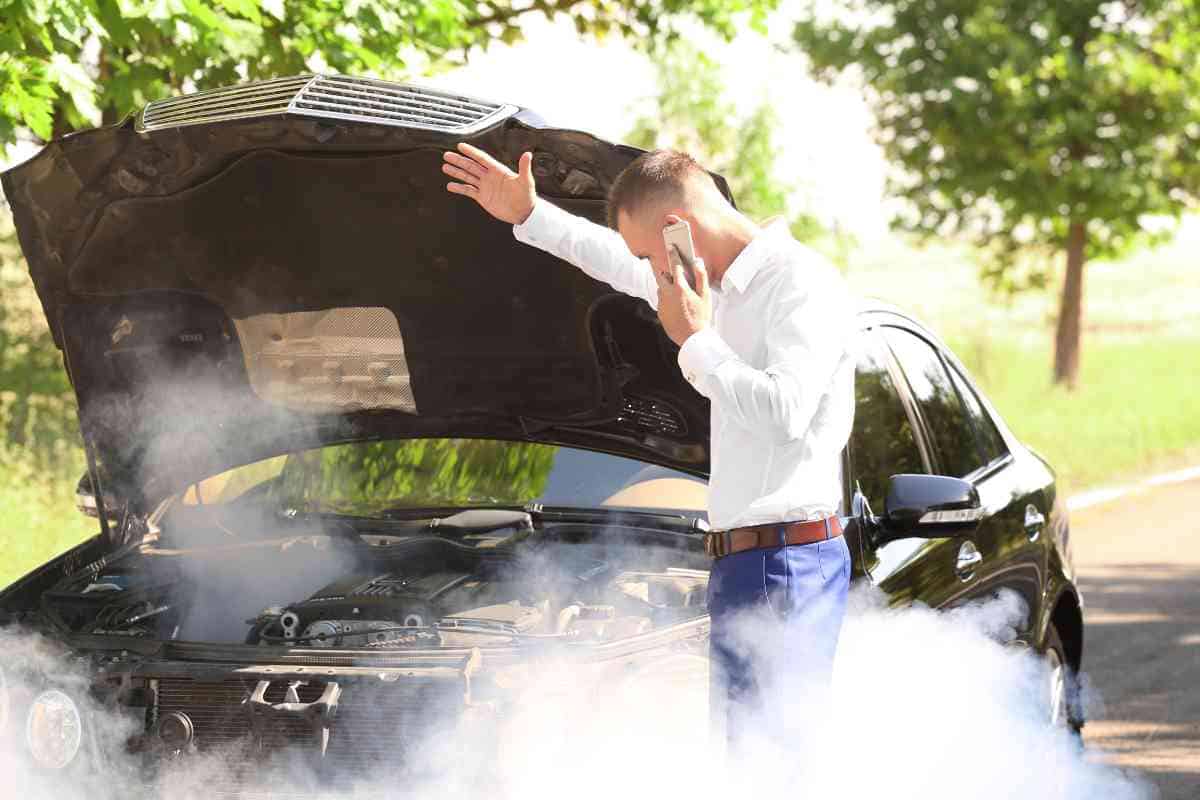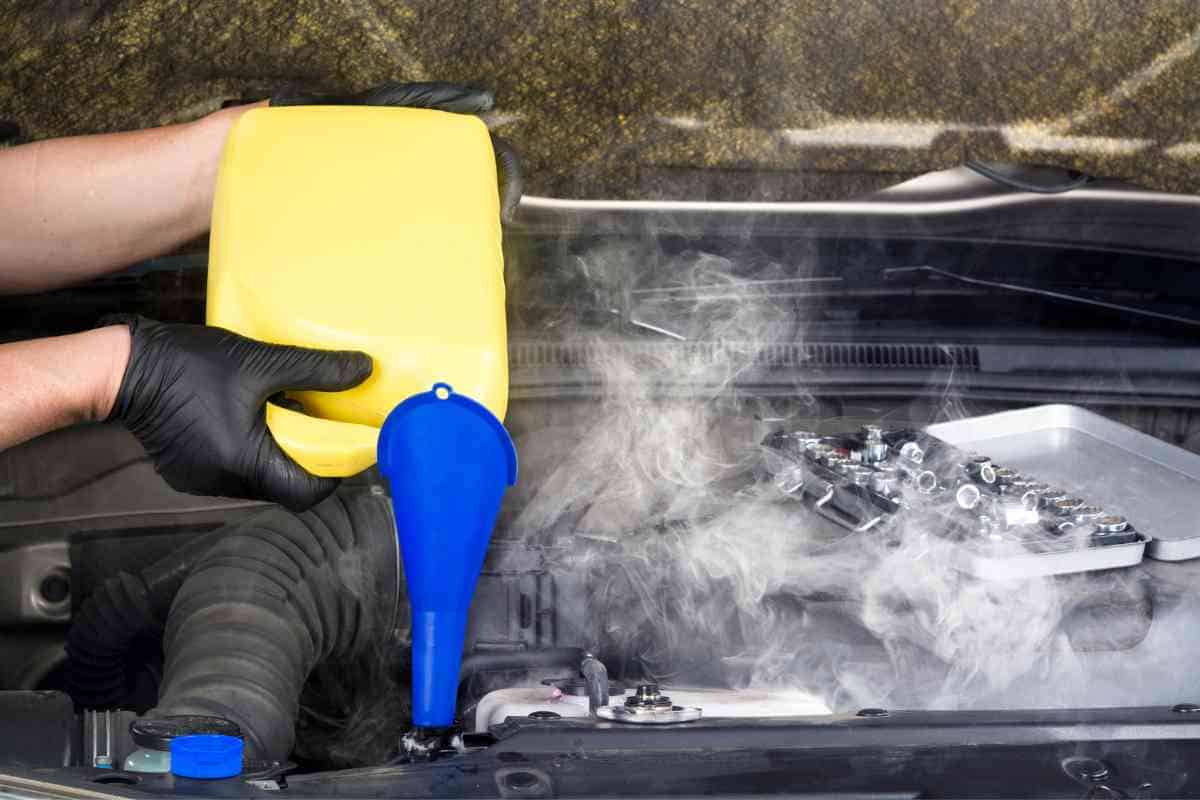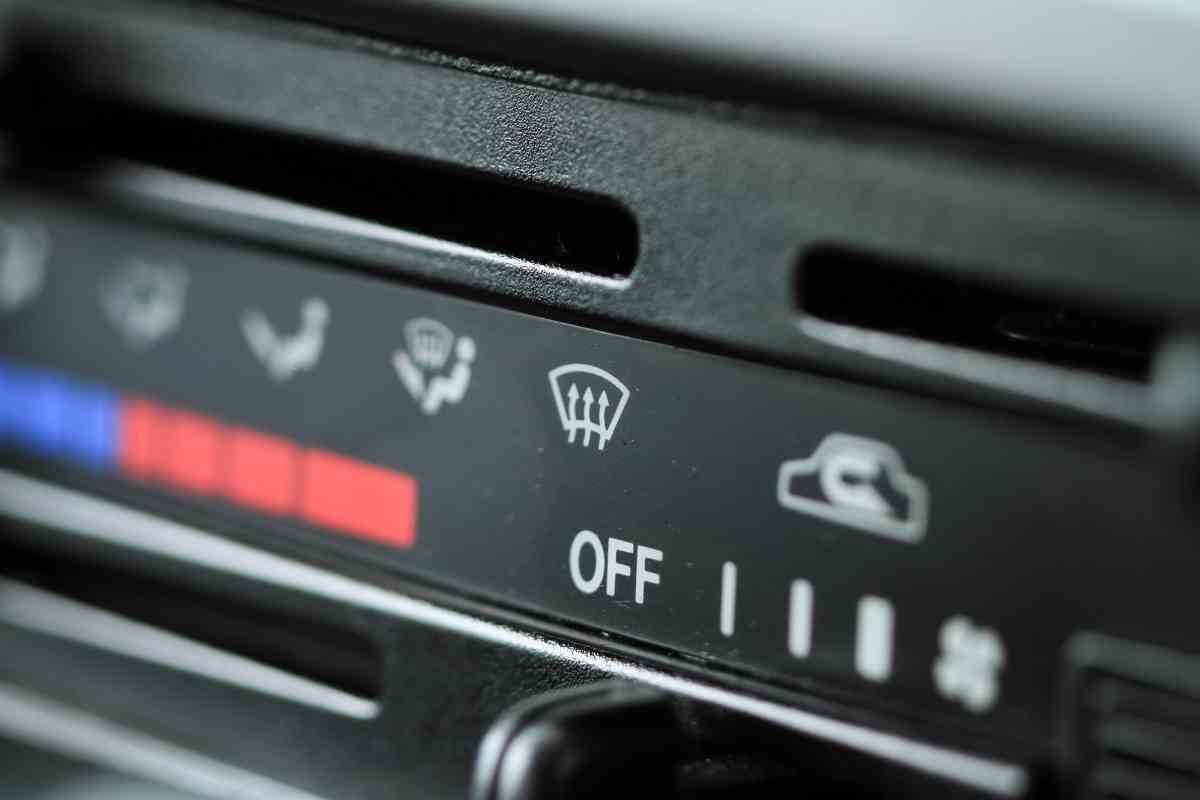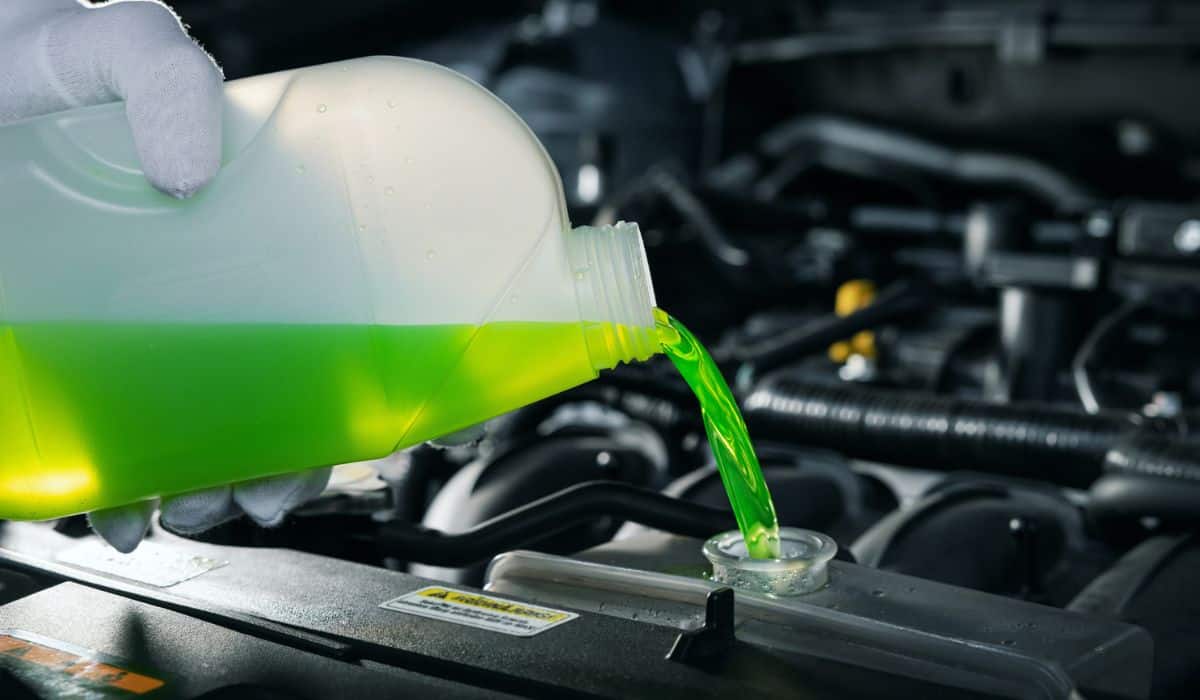The 10 Most Common Reasons A Car Gets Overheated
Car overheating is a common problem that many people experience. It can lead to severe damage if not dealt with in time but finding the cause is necessary.

What Causes A Car To Overheat?
The ten common causes of overheating in a car include the following.
- Cooling system leak
- Malfunctioning radiator
- Faulty thermostat
- Damaged water pump
- Leaky gasket
- Loose or bad fan belt
- Insufficient oil levels
- Improper coolant blend
- Loose or damaged hoses
- Blocked or clogged radiator fan
Car overheating is a common problem that many things can cause. In this guide, we will go through some of the most common causes of overheating and what can be done to fix it based on successful experiences we have had diagnosing these issues in the past.
What Are The 10 Common Causes Of Overheating?
Cars are one of the most popular modes of transportation. However, many cars are not built to withstand the heat and humidity of the summer when things go wrong.
With this in mind, it is important to understand what causes overheating in cars and how it can be stopped, diagnosed, and fixed.
When the car is in operation, the engine generates heat, which must be dissipated. When something is wrong, the engine cannot properly dissipate heat, and it can quickly overheat and cause significant problems.
The causes of overheating in cars are varied, and the solutions for fixing it depend on the root cause. There can be several reasons why a car overheats.
Below are the ten most common causes of car overheating.
1. Cooling System Leak
If there are any cooling system problems, the heat cannot dissipate and build up. When this happens, a car may overheat, and a coolant smell can occur.
The car’s cooling system is designed to maintain a safe operating temperature for the engine by circulating coolant through the engine block.
The normal temperature range of a car is 195°F to 220°F. So when it gets past this temperature, something is likely wrong with the cooling system.
2. Malfunctioning Radiator
When the car starts overheating, there could be one of many reasons for this happening. One possible reason could be that the radiator is malfunctioning and needs to be replaced or repaired.
The radiator is responsible for keeping heat away from the engine, so the engine overheats when it’s not working correctly. The coolant is also stored in the radiator, so the coolant levels are impacted when it cannot run.
The vehicle must be shut off as soon as possible if the radiator is the problem. Always allow time for the radiator to cool down before inspecting it too.

3. Faulty Thermostat
The thermostat in a car is crucial to monitor temperatures and keep them below extreme levels to prevent overheating. When the thermostat breaks or goes bad, this isn’t possible anymore.
This is because the thermostat doesn’t regulate the temperature of the coolant properly. This can lead to damage and even failure of other components in the car.
A valve needs to open for the coolant to feed the engine to keep a low enough temperature. This valve opens based on the temperature reading on the thermostat, so when it’s faulty, there can be problems.
4. Damaged Water Pump
The water pump is a very important part of the vehicle’s cooling system. It circulates the coolant and sends it to the radiator, where it is cooled by air before returning to the engine.
If the car’s water pump fails, then drivers may notice that the temperature gauge on the dashboard will rise very quickly, and they might also see steam coming from under the hood.
And without a working water pump to help send coolant through the engine, temperatures rise quickly and cause much worse damage to the car after extended use.
5. Leaky Gasket
A blown gasket is a common cause of coolant leaking into the engine. When this happens, the coolant levels in the car decrease, and it also overheats. This can be dangerous for both the driver and the car.
The gasket is needed to seal the engine’s combustion chamber. This allows for optimal temperatures and compression for the vehicle to perform, but when it leaks, the temperature rises quickly.
6. Loose Or Bad Fanbelt
A loose or broken fan belt can prevent proper power distribution to the water pump. When this happens, the engine quickly rises in temperature and overheats.
Without the water pump, there is no way to distribute coolant to the engine either. This puts the vehicle at risk for more significant damage.
7. Insufficient Oil Levels
The engine is the most important part of a car, and if it doesn’t work well, then the car won’t work well. Low or insufficient oil can cause the engine to overheat in the car.
Luckily, this is one of the easiest problems to spot and fix to cool down the engine.
8. Improper Coolant Blend
A car is beginning to overheat when the coolant light on the dashboard turns on. This is possible because of low coolant levels of an improper coolant blend.
If the car starts overheating, check the coolant level and ensure that the proper type of coolant has been used for the vehicle.
A 50/50 mix of coolant and water is the recommended blend to use too. Any information about checking the coolant levels can be found in the vehicle owner’s manual.
9. Loose Or Damaged Hoses
When the hoses are loose or damaged, it becomes more difficult to transfer coolant. This obvious concern can result in higher engine temperatures and, eventually, an overheating car.
Always check the connections under the hood for this reason. This also tends to be the fastest, easiest, and cheapest repair.
10. Blocked Or Clogged Radiator Fan
A car’s engine will overheat if the radiator is clogged or blocked. This can be caused by several things, including dirt, leaves, and other debris accumulated in the radiator.
The best way to avoid this problem is to keep the car clean and regularly check for any blockages that could cause overheating.
What Should You Do When Your Car Is Overheating?
If the car is overheating, it’s easy to panic and get worried. But don’t do that and try some of these tips first to see if they can reverse the issue.
These are quick fixes for anybody, whether currently driving or with the car idling. We always recommend stopping the car if the overheating becomes serious too.
1. Turn On The Heat

It may sound surprising, but turning on the heat in the car can help cool down the engine. This works because it pulls the hot air away from the engine and allows the temperature to drop.
This is a quick and temporary fix to drive if the engine is overheating while the car is still driving. This gives the driver time to get to a place to pull over and open the hood.
2. Turn The Car Off
If the car doesn’t cool down after a few minutes, the best thing to do is turn off the car. This is especially true if the car is still driving too.
Allow the car to sit off and idle for a few minutes. We will need to open the hood, but don’t do it right away because of the high temperatures under there.
3. Add Coolant

Another fix that works many times is by adding new coolant. When the coolant levels get low, the car overheats, which is one of the most common issues most drivers face.
By adding more coolant, the levels are correct again so that the radiator can function the right way again.
Expert Tip: If you notice your AC is not blowing cold or it goes from cold to hot randomly, this is likely an early sign of low coolant levels, leading to overheating and possibly engine failure if not corrected!
How To Determine What Is Causing The Overheating
When it comes to diagnosing the issue, various methods can be used to pinpoint where the problem is coming from.
There are many reasons that a car can overheat. The most common is a clogged radiator or a cooling system leak. Other causes include low coolant, a broken fan belt, or an engine that needs to be replaced.
A car’s radiator works with the fan to keep the engine cool. When the radiator becomes clogged, it can’t do its job, and the engine will overheat.
To determine what might be causing the car’s overheating problem, we always check the car’s coolant level and make sure there is no debris in the radiator.
The issue should be evident after inspecting the coolant, cooling system, and radiator. If not, check the oil levels, loose hose connections, and water pump.
This should help diagnose exactly what caused the overheating so it can be addressed and fixed before serious damage occurs.
Key Takeaways
- The most common reason why a car overheats is because of a cooling system leak or a malfunctioning radiator.
- Other common causes of overheating include a faulty thermostat, damaged water pump, leaky gasket, loose or bad fan belt, insufficient oil levels, improper coolant blend, loose or damaged hoses, and a locked or clogged radiator fan.
- To determine why the car is overheating, start by inspecting the cooling system and the radiator. Also, check the coolant levels because most problems occur because of a lack of coolant in one area of the car.
More Articles To Read
- Can A Car Engine Explode If It Overheats? Answered!
- Can Your Car Overheat Due to Too Much Coolant?
- 10 Reasons Your Jeep Wrangler May Be Overheating
- Car Won’t Start When Parked In The Sun
- 4 Reasons Why Your Dodge Durango Is Overheating
- Can a Car Engine Run Without a Thermostat? Explained
- How Do I Know If My Truck Thermostat Is Bad?
